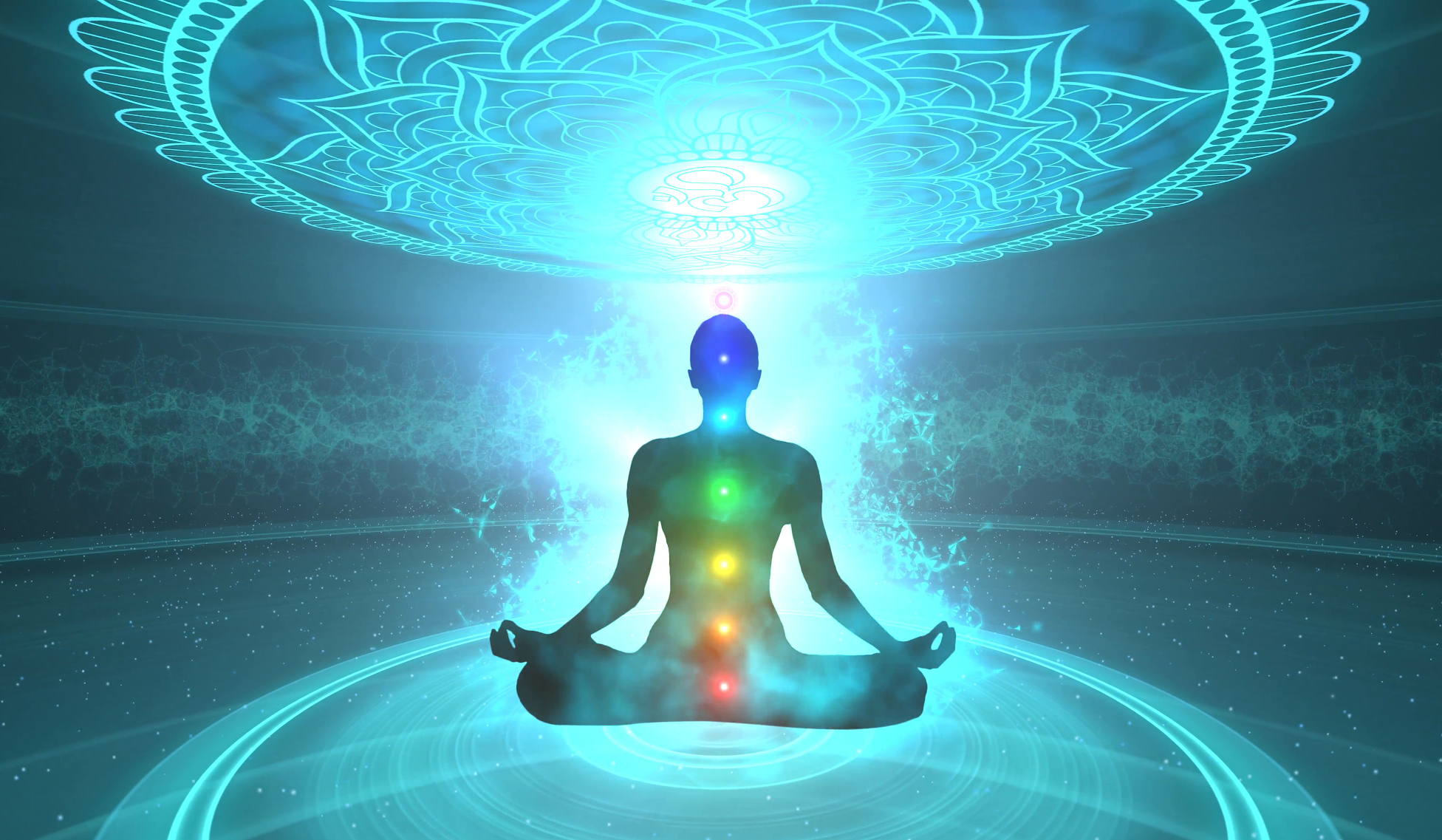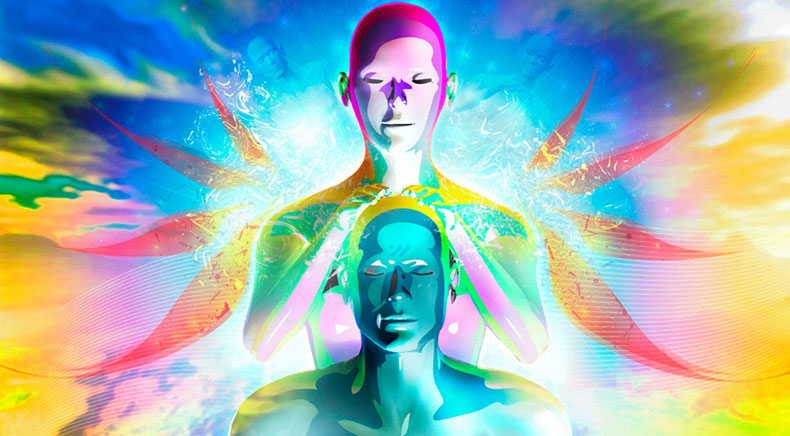
G.I. Gurdjieff called his teachings Aida Yoga. It is the fastest, but also the most difficult, way to achieve enlightenment. Besides what Ouspensky wrote in his book “The Search for the Miraculous”, dancing and other physical exercises, this yoga includes other very intensive ways of learning.
One of them is the constant mastering of new kinds of work and activities. When a person is mastering a new profession, he constantly has to be in the intellectual parts of the centers: he has to be more attentive, more awakened. When the profession is mastered, the person starts doing everything mechanically and is filled up.
Therefore, as soon as a person mastered a new job, G.I. Gurdjieff gave him a new task. To achieve something that he did not know how to do yet and to master something new all the time, especially something that was given with difficulty. This awakens a person most of all and makes him use more of his strength and abilities. The same was true of dancing and exercises: if a man mastered an exercise, he was given a new one so that nothing became mechanical and a conscious effort had to be made all the time.
Especially difficult to master and most effective was teaching through the creation of situations that would strongly affect a person’s emotions, especially when the person did not expect it. For example, G.I. Gurdjieff could start scolding a student when he did everything right and expected praise for it. It was very difficult to perceive this, as it seemed unfair and wrong, but it was all the better for spiritual practice. Thus, one had to make a more conscious effort to deal with the negative emotions that arise, with the lies about justice and what should be right and wrong.
At the same time, G.I. Gurdjieff had to be a superb actor. He played out anger, irritation, contempt, indifference, etc., and seemed to be an outraged and unbearable person.

This method of learning through situations has been known since ancient times. For example, it was practiced in Zen Buddhism, when a master could even chop off his disciple’s finger to make him experience Satori. Christ also used this method: even from his death he made a whole theatrical mystery, where all the disciples had to consciously play their roles, including Judas, who had the most difficult role of a traitor.
The tradition of learning through hardship goes back to the very creation of this world. Our physical world was created by God as a great school in which God teaches each of us through the circumstances of our lives and through difficulties. The need to learn something new, through evil and injustice, the need to distinguish truth from falsehood, through the illness and death of loved ones and through loss and bereavement.
Life seems to consist of dark and light streaks created by bad and good aspects of planets. In good aspects we can rest, accumulate strength, and on bad aspects there are learning situations in the form of certain difficulties of life. On the scale of society, learning situations are wars, revolutions, disease epidemics, famine, etc.
Because life is a school of God, it is impossible to make it like that there are no wars, evil, diseases, crime, and to create a light spiritual world. A place where everything is light, spiritual, a world where there are no wars, violence, lies, diseases, old age and other troubles of the physical world, awaits us after death in the subtle plane. That is where heaven is located and hell is our life on Earth.
But this does not mean that we should become bitter and stop our efforts to make the world a kinder place. On the contrary, our goal, despite all the evil on Earth, is to try to bring as much love, compassion, spirituality, kindness, and help to those in need as possible. It is through this that our development comes.
The difference between life on Earth and the Ida Yoga school is that in the school, an understanding of everything that happens is given. And the situations are much more frequent than in life. Because of this, the development goes much faster. And since it goes faster, it will not be necessary to incarnate many times to participate in wars, revolutions, and other harsh circumstances of earthly life. At school, we immediately learn what we need to develop to be constantly in paradise, the subtle plane.
It is necessary to find the Kingdom of God in ourselves, i.e. to develop love, consciousness and constant contact with God, to live for helping people. Then we will realize what God wants us to do.
***
Another instrument of Aida Yoga is theater. But unlike ordinary theater, this esoteric theater does not play social plays. Firstly, it teaches people to find their roles, their false personalities and to be able to exaggerate them, to play them, to study themselves and to dissociate with them. Then this theater teaches one to play the roles of other people to show them. That is, to make a parody of another person, to become a mirror for him in which he can better see himself, and also to teach people to play those roles that they are not good at in life. It is just not to imitate something outwardly, but to be able to cultivate the energy corresponding to it. So that if a person played a saint or Christ, he could become a saint or Jesus himself a little, while observing himself and seeing all the processes that occur in him during these unusual situations.

***
Human development is a change in a person’s perception, in his psyche, in the awakening of his consciousness, in his dissociation from the lie he thought he was. These are all quite painful processes. It is impossible to become perfect by lying on the sofa. It takes effort, an inner struggle with the false identity and the dream.
But it is very difficult to start this struggle in calm, comfortable conditions. But when difficulties, stress, internal friction between “yes” and “no” arise, then all the forces of man are mobilized. Willy-nilly, he has to become more awakened. And if at that moment, instead of resentment and curses towards the source of the problems, a person will study himself, show extra strength, work on his vices and vices, and he can achieve very great results.
This is why G.I. Gurdjieff said that the revolution and all the horrors associated with it can help in working on oneself. He deliberately procrastinated, did not leave the territory where there were hostilities, pogroms, famine, disease, to use these difficult situations as a beginning for awakening, as a springboard for overpowering efforts.
He planned and arranged two crossings of the Caucasus Mountains and organized work in the territory where the war was going on. And even when G.I. Gurdjieff settled in the prosperous and comfortable environment of France, he continued to create artificial difficulties for his disciples to continue to give them impulses for development.
There was grueling work and poor living conditions. There was little food and sleep, no comfort, and most difficult of all, his constant attacks on the students. Very often he would vent his anger on one and another, humiliate, ridicule, insult, unfairly accuse. But all this was done with the purpose of pushing a person to work on himself, to awaken, to create such a situation that a person could see the dark sides of himself. He could cope with himself when negative emotions took over. If in such a situation a pupil started to work on himself, he could advance very much in his development. Such advancement in 1–2 days would be much more than 10 years of meditation in a cave.
But not everyone could perceive it correctly, even such a talented and intelligent person as P.D. Ouspensky could not understand and accept this method. He preferred philosophizing instead of working on himself, and considered G.I. Gurdjieff a “polluted source” after he began to play the hysterical and scandalous.
And many others, like P.D. Ouspensky, left G.I. Gurdjieff, being repulsed by this game, when he made himself a feisty soulless man, fooled around, making toasts for idiots, did not answer philosophical questions and behaved very defiantly. Not at all as people wished to see. In this way, he arranged for them a situation in which they had to distinguish the external from the internal, the essence of a man from the roles he played.
Few were able to do this, but it was such tests, more than anything else, that could help a student to see himself as real. He could work out many lies and prejudices in himself, to learn to master his psyche, to maintain awareness and complete self-control despite any external influences.
At the same time, we are given to see the suffering of other beings so that we may awaken compassion, sympathy, mercy, and love for them. We must stop being selfish and help them, unite with the whole world in love and compassion. Helping beings distressed is worth 1000 formal prayers in church, for sublime emotions are what we must come to as a result of all the work on ourselves. It is the second conscious push in the octave of impressions.

